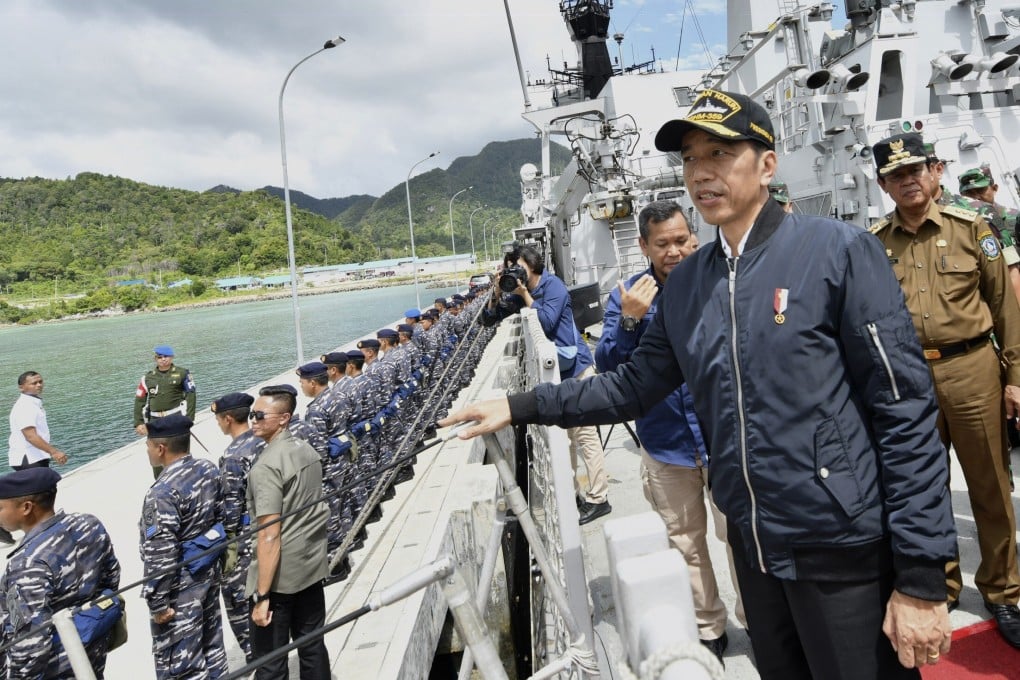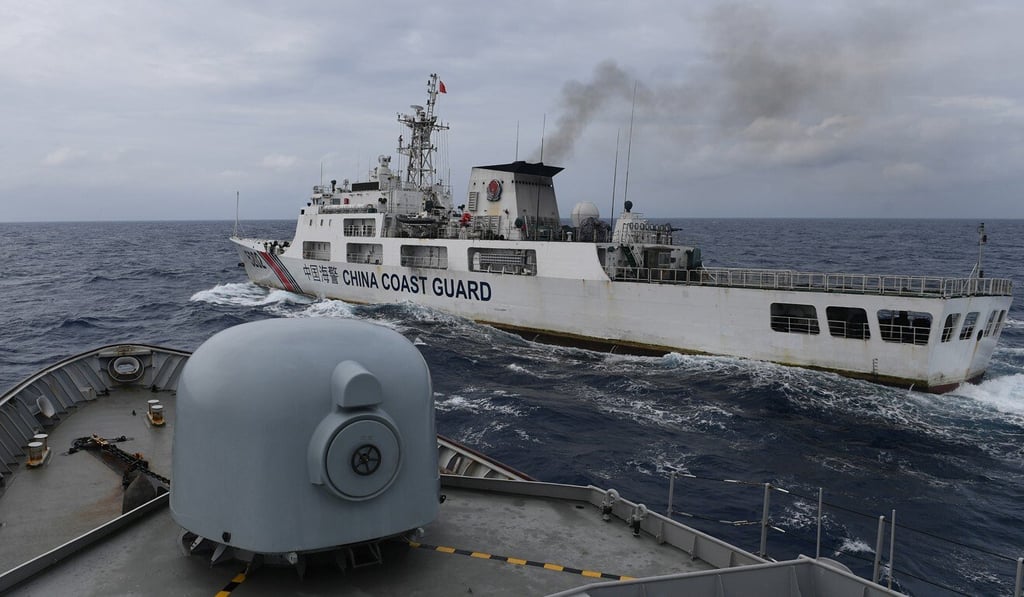Opinion | Why Indonesia won’t let Beijing forget the Philippines’ South China Sea arbitration win
- Jakarta has filed a diplomatic protest against Beijing’s extensive maritime claims, citing a 2016 tribunal ruling that found in favour of the Philippines
- But does this really mark a departure for the Southeast Asian nation and its approach to the South China Sea dispute?

This is not the first time Indonesia, which is not a claimant state in the South China Sea dispute, has stated its position – but this time the wording seemed stronger. Gregory Poling, director of the Asia Maritime Transparency Initiative in Washington, said it marked “the first time that any of the Philippines’ Southeast Asian neighbours has stood up and explicitly endorsed its arbitration win against China”, according to an interview he gave to regional online news portal BernarNews. Philippine news portal ABS-CBN, meanwhile, ran an analysis piece that described the note verbale as a “diplomatic bombshell”.

But does this really mark an overhaul of Indonesia’s traditionally reserved South China Sea policy? There are least three reasons to think not.
